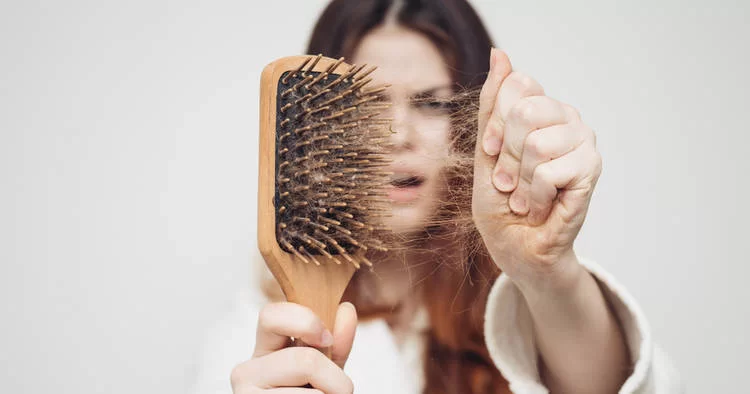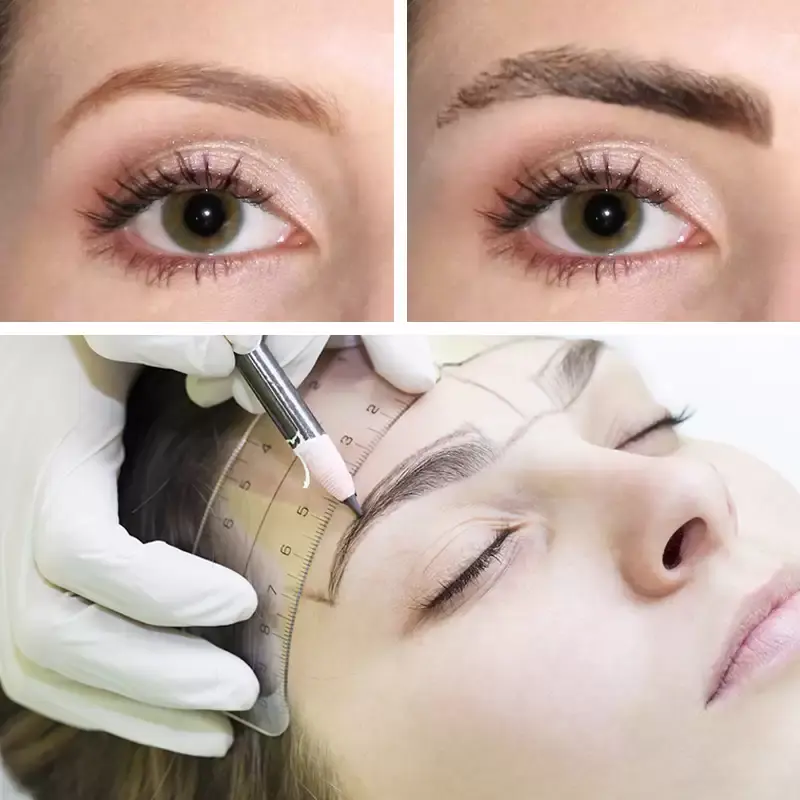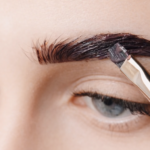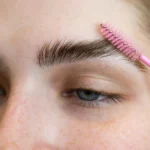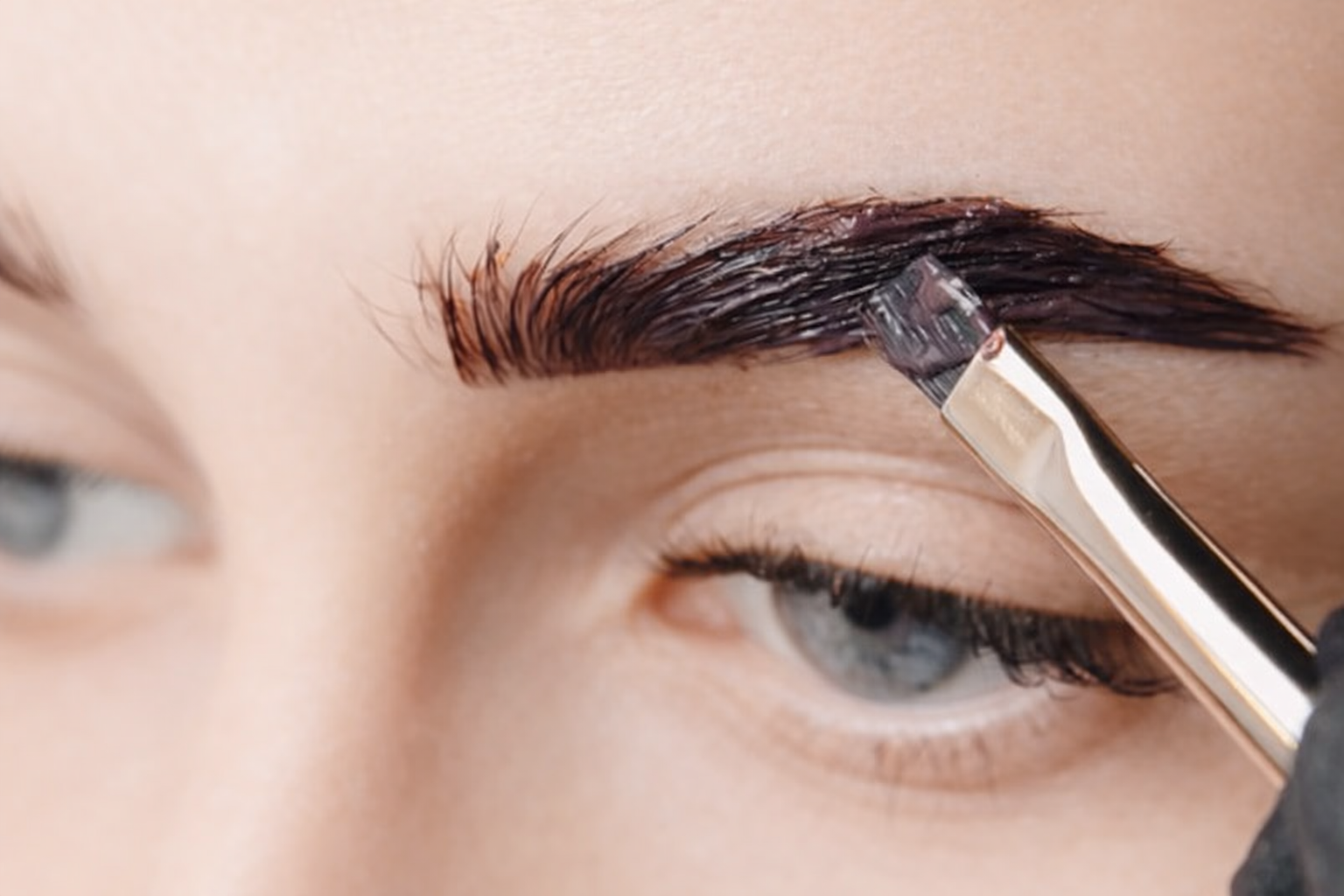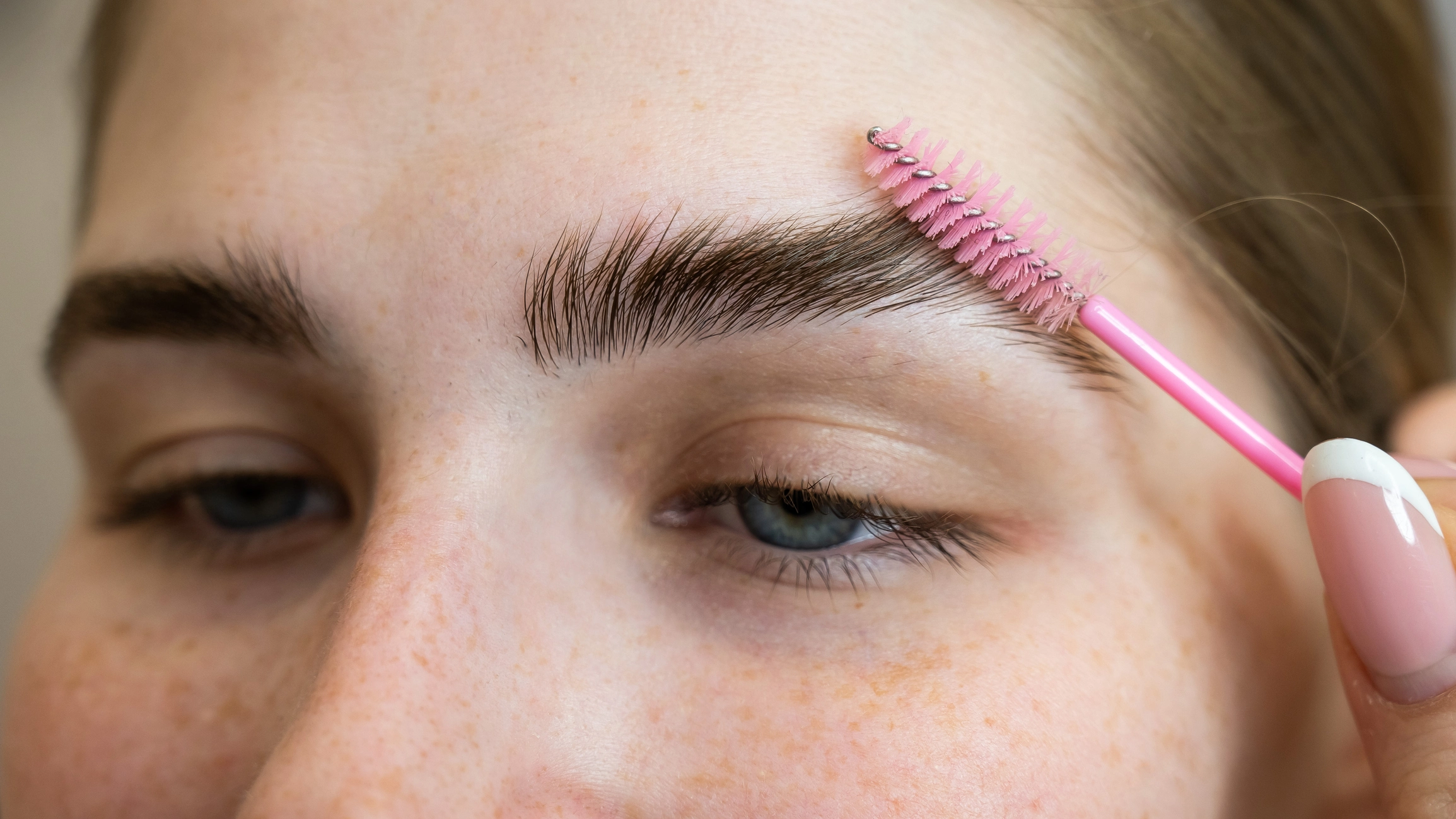Table of Contents
ToggleBut can metformin cause hair loss? That question concerns many patients, especially women and those with nutrient deficiencies. Metformin is a widely prescribed medication for managing type 2 diabetes mellitus. However, concerns about potential side effects, including hair loss, often arise. This article explores whether metformin contributes to hair loss, why it might happen, and how to manage it effectively. Additionally, we’ll address common questions and provide actionable steps for improving hair health while using metformin.
Understanding Metformin and Its Effects on Hair
What is Metformin and How Does it Work?
Metformin is a pill that helps lower blood sugar levels. It works by making your body more sensitive to insulin and reducing the amount of sugar your liver makes. Doctors often prescribe it for type 2 diabetes.
They also use it for polycystic ovary syndrome (PCOS). It can help balance hormone levels.
Common Side Effects of Metformin
Common side effects of metformin include gastrointestinal issues such as nausea, diarrhea, and abdominal discomfort. Long-term use may also lead to vitamin B12 deficiency, which can cause symptoms such as fatigue, nerve damage, and hair thinning. In some cases, individuals may experience hair thinning or shedding, often related to nutrient deficiencies.
Does Metformin Cause Hair Thinning or Loss?
Metformin is not directly linked to hair loss. However, some factors related to its use can cause hair thinning. These factors include vitamin B12 deficiency and hormonal imbalances in patients with PCOS.
Additionally, underlying health conditions like insulin resistance or alopecia areata may be mistaken for metformin-related hair loss. Addressing these factors can often mitigate hair-related issues.
Don’t Forget to Explore Other Possible Causes of Hair Loss
-> Does Mounjaro Cause Hair Loss?
-> Does adderall cause hair loss?
->Can hair gel cause hair loss?
->Does dandruff cause hair loss?
-> Does wearing a hat cause hair loss?
-> Can Losartan Cause Hair Loss?
-> Can Birth Control Cause Hair Loss?
Hair Loss and Metformin: Key Questions Answered
Can Metformin Make Your Hair Fall Out?
Metformin itself is unlikely to make your hair fall out. Long-term use of metformin can lead to nutrient deficiencies.
One important deficiency is vitamin B12. This deficiency can contribute to hair loss. Maintaining adequate nutrient levels is crucial for healthy hair.
Does Metformin Cause Hair Loss in Women?
Women with PCOS who take metformin may lose hair. This is often due to hormonal imbalances from the condition, not the medication. Hormonal fluctuations, combined with nutrient deficiencies, can exacerbate hair loss. Balancing hormone levels and addressing deficiencies are essential steps in mitigating hair thinning in women.
Metformin Hair Thinning: What You Need to Know
In most cases, metformin hair loss recovery is possible with proper management. Addressing deficiencies and maintaining a balanced diet can significantly reduce hair thinning and promote healthier hair growth over time.
Will Metformin Cause Hair Thinning at 500 mg?
The likelihood of hair thinning at a 500 mg dose of metformin is minimal. Hair loss risk increases with prolonged use and if nutrient deficiencies, such as vitamin B12 deficiency, remain unaddressed. Ensuring proper supplementation can prevent these side effects.
Managing Hair Loss While Taking Metformin
How to Stop Hair Loss with Metformin?
To manage hair loss while taking metformin:
- Monitor your vitamin B12 levels regularly.
- Supplement with B12 if needed, as recommended by your doctor.
- Maintain a balanced diet rich in essential nutrients like iron, zinc, and biotin.
- Consult a healthcare provider if you notice significant hair thinning.
- Consider regular blood tests to track nutrient levels and overall health.
What Nutrients Help Combat Metformin Side Effects?
Nutrients that support hair health and counteract metformin side effects include:
- Vitamin B12: Essential for healthy hair follicles and overall well-being.
- Iron: Prevents anemia, a common cause of hair loss.
- Biotin: Promotes hair growth and strength.
- Zinc: Supports the immune system and hair health.
- Vitamin D: Helps maintain healthy hair and prevents hair shedding.
If you’re aiming for metformin thicker hair results, focusing on B12, iron, and hormone balance can help create the right foundation.
Does Hair Grow Back After Metformin Use?
Hair lost due to nutrient deficiencies or hormonal imbalances is often reversible. With proper treatment and nutrient supplementation, hair growth typically resumes within a few months. Consistent management of nutrient levels and addressing any underlying health conditions are key to regaining hair health.
Alternatives for Managing Metformin Side Effects
If metformin side effects persist, consider these alternatives:
- Switch to extended-release metformin for fewer gastrointestinal side effects.
- Explore other diabetes medications with your healthcare provider.
- Incorporate lifestyle changes like a low-carb diet, regular exercise, and weight management to improve blood glucose levels naturally.
- Investigate newer treatments for type 2 diabetes mellitus that may better align with your health needs.
Other Factors Linking Metformin to Hair Loss
How Does B12 Deficiency Impact Hair Loss with Metformin?

Vitamin B12 deficiency affects the health of hair follicles, leading to hair thinning or shedding. Since metformin reduces B12 absorption, supplementation is often necessary to prevent deficiencies and maintain healthy hair. Regular monitoring and dietary adjustments can help offset this side effect.
Metformin Hair Loss Recovery: What to Expect
Recovery from hair loss caused by metformin-related deficiencies varies by individual. Most people see improvement within months of addressing the underlying cause and restoring nutrient levels. Using hair growth supplements and maintaining a nutrient-rich diet can expedite recovery.
Does Metformin Promote Thicker Hair or Regrowth?
Metformin does not help hair grow back. However, treating conditions like PCOS and improving insulin resistance can help. This creates a better environment for hair growth. Some users may notice increased hair strength and improved texture once deficiencies are addressed.
FAQs on Metformin and Hair Health
Why Do Doctors No Longer Prescribe Metformin?
Doctors may avoid prescribing metformin if a patient experiences severe side effects, including gastrointestinal distress or vitamin B12 deficiency. In such cases, alternative treatments for managing blood glucose levels are recommended.
What Are the Two Most Common Side Effects of Metformin?
The two most common side effects of metformin are stomach issues, like nausea and diarrhea, and low vitamin B12. This deficiency can lead to tiredness and hair loss. Managing these side effects through lifestyle changes and supplements is essential for long-term health.
How Does Metformin Compare to Other Diabetes Medications for Hair Loss?
Metformin is less likely to cause hair loss compared to some diabetes medications that may impact hormone levels directly. However, its potential to cause nutrient deficiencies requires proactive management to avoid side effects. Consult your healthcare provider to determine the best medication for your needs.
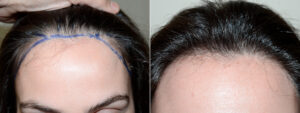
Final Thoughts on Hair Loss and Metformin
If you’re worried about hair loss while taking metformin, there are many ways to protect and strengthen your hair. Eating a healthy diet, taking the right supplements, and managing hormone levels can all help. For more advanced solutions, consider a hair transplant with Dr. Kopelman.
Dr. Kopelman is a trusted expert in helping patients restore their hair. He works with those who lose hair for many reasons, including medication effects.
If you’re wondering, “does metformin make you lose hair?” or need help managing “metformin side effects of hair loss,” Dr. Kopelman’s specialized treatments can help you regain confidence and a fuller head of hair.


